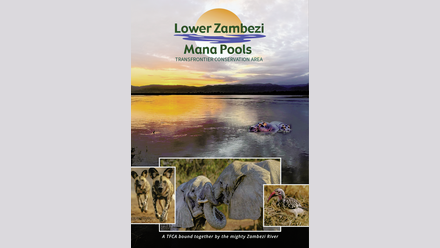EU signs major sustainable development agreements in Zanzibar
The European Union has reinforced its commitment to sustainable tourism and development in Zanzibar through two significant agreements worth a combined €14 million.
The cornerstone of this investment is the Bahari Yetu ("Our Ocean") Project, receiving €11 million, which aims to protect Zanzibar's crucial marine tourism assets whilst promoting sustainable practices across the archipelago's tourism sector.
Under the project, which will be managed by the International Union for Conservation of Nature (IUCN), there will be a strong focus on marine conservation, sustainable fishing practices, and tackling the pressing issue of plastic pollution - all vital elements for maintaining Zanzibar's appeal as a premier tourism destination.
The second agreement, worth €3 million, focuses on gender equality initiatives through the Gender Transformative Action Programme. This investment is particularly relevant for the tourism industry, where women play a significant role in the workforce. The programme aims to enhance women's leadership opportunities in both public and private sectors, with a special emphasis on promoting girls' education at the tertiary level.
Rita Laranjinha, Managing Director for Africa at the European External Action Service, emphasised the EU's commitment to Zanzibar's tourism sector, stating: "These agreements demonstrate the EU's unwavering commitment to Zanzibar's long-term development, from fostering sustainable marine practices to advancing gender equality and women's empowerment."
For tourism operators and stakeholders, these investments signal a strong commitment to maintaining Zanzibar's position as a sustainable tourism destination, with particular emphasis on preserving its marine attractions and developing local talent through enhanced educational and employment opportunities.
The agreements were signed during a high-level EU delegation visit to Zanzibar, which included meetings with President Mwinyi and other senior government officials, demonstrating the strategic importance of tourism development in the region.
Source: Africa Newsroom


